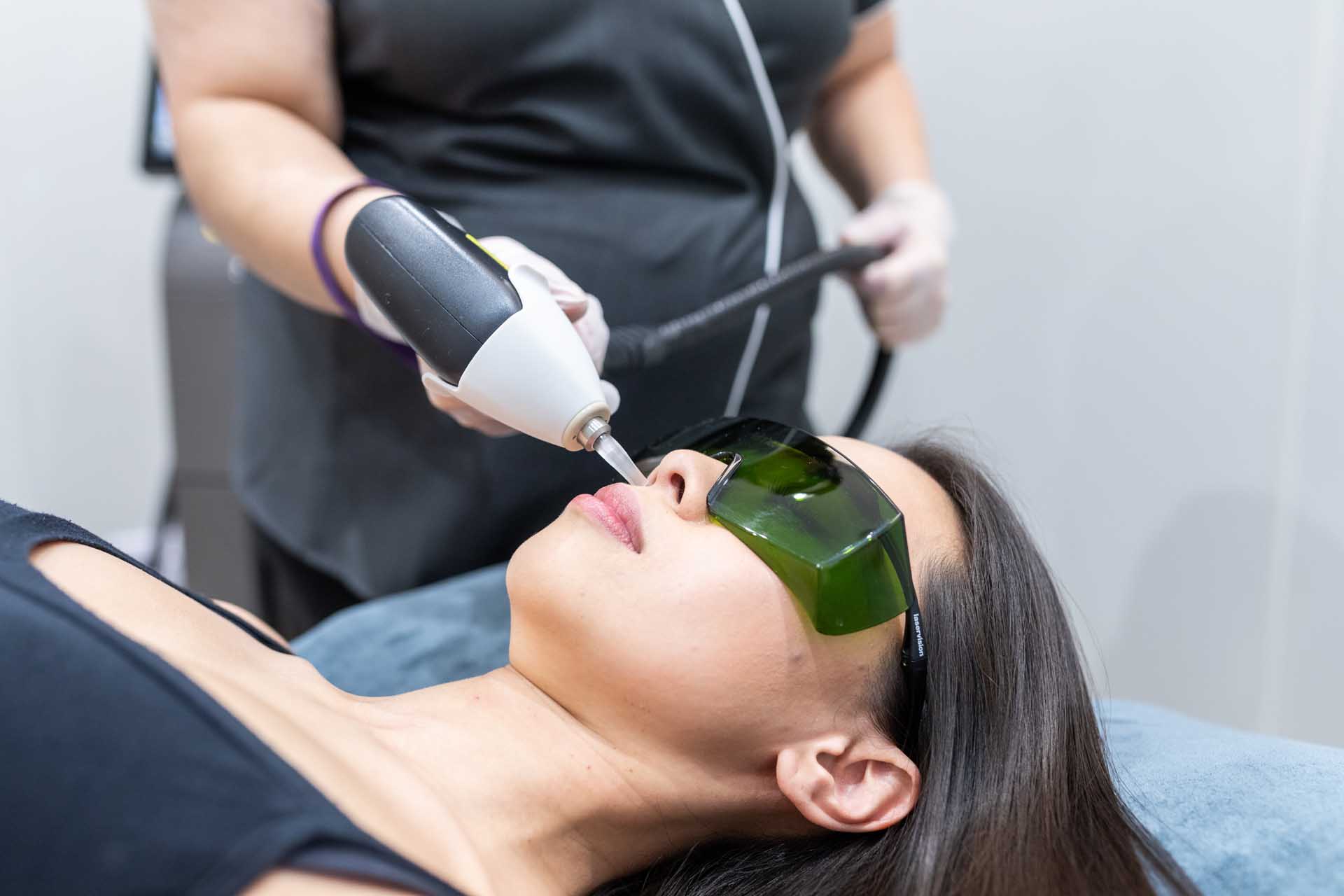
Losing weight and dieting during menopause is not just a matter of good looks. Of course, it is normal to worry about your figure during this period, but health is still more important. And it can also be at risk due to extra pounds. Menopause is an incredibly difficult period for the female body. The body suffers from sudden hormonal changes and the metabolism slows down.
As a result, the general trend is fat accumulation, fluid retention, and muscle loss. To somehow counter all this, it is important to understand what role diet plays during menopause. It is a mistake to believe that menopause occurs due to age and not because of your habits. It would be too simple. Do not absolve yourself of responsibility in this way.
After all, proper nutrition at any age is crucial. Moreover, both for achieving a healthy body weight, and for the prevention of various diseases. But what are the key points of a diet during menopause? And what changes do you need to make to your diet? We are sure that these questions concern many women. So today we decided to answer them. Read on.
Healthy Diet During Menopause
Do you want to stay fit during menopause? Then you should have proper nutrition. It is important to adopt healthy habits to stay fit. But in general, consuming foods with high nutritional value will already do the trick. This will allow you to speed up your metabolism and maintain optimal energy in the body.
Due to the changes that the body experiences during this period, it is important to ensure that all nutrients get properly absorbed. However, bad habits, such as alcohol abuse will worsen your health and hinder the absorption of nutrients. You need to avoid this habit during menopause and get treated if you have an alcohol addiction. But how is addiction diagnosed and what should you do about it?
The answer is simple, just contact a rehab professional and explain your problem. He or she will make a proper assessment and guide you regarding treatment. Like alcohol addiction, you need to quit other bad habits too, such as smoking, excessive intake of caffeine, and spending time alone.
Should You Make Dietary Changes?
There are even special dietary requirements for the prevention of chronic diseases such as arthritis or osteoporosis. So to prevent further complications during menopause, you will have to adjust your diet. But there is good news too! We hasten to please you that you do not have to follow strict diets to stay healthy.
Just try to combine healthy foods. And you will get a balanced, complete diet and at the same time, complete control over the amount of fat and calories consumed. During menopause, you can improve several aspects of your diet at once. This will not only help you shed excess weight and have a slim, toned figure but will also ensure better overall health.
How To Lose Weight During Menopause?
So, as you already understood, you need to make dietary changes to keep yourself healthy during menopause. It is important to take into account a few nuances that will help make the diet more effective. Namely:
Increase Your Protein Intake
Foods rich in high-quality proteins are essential in any diet. But this is especially important for women during menopause. The thing is that this element helps to maintain the muscle mass of the body and at the same time serves as a good source of energy. Experts believe that it increases physical endurance and performance.
If you include proteins in your daily diet, you can increase the effectiveness of any strength training. In total, you will get: maintaining muscle mass, accelerating metabolism, and, as a result, losing excess weight. Here is the list of food that is rich in protein:
- Lean meat
- Fish and seafood
- Legumes and nuts
- Eggs
- Dairy products
Balanced Breakfast
Not eating breakfast is the biggest mistake women make during menopause. Contrary to popular belief, this is not cutting back on calories. That is, it does not contribute to weight loss in any way, but it makes people weaker and more anxious (due to lack of food).
A full breakfast should correspond to 25% of the total calories consumed per day. In other words, it’s not enough to just drink coffee with cookies or eat some convenience food. Breakfast should be balanced and healthy to provide you with energy.
Eat Vegetables and Fruits More
Fruits and vegetables are known allies in the fight against excess weight, including during menopause. After all, they are rich in nutrients, they help the body burn fat better and improve overall health. You can eat them daily and it is better to eat seasonal fruits. Eating them three to four times is a good habit. In this way, you can control food cravings, get the energy you need, and keep your metabolism active.
Avoid Saturated Fats and Sugars
After menopause, metabolism slows down. It’s unavoidable. For this reason, you should limit your intake of sugars and saturated fats as much as possible (so as not to overload your body). Thus, processed foods, baked goods, and sweets should by no means be the basis of your diet. Read the composition of the products carefully so that by mistake or ignorance you do not overeat.
Increase Your Water Intake
Drinking enough water is the key to maintaining healthy body weight. This fluid cleanses the body of toxins, regulates body temperature, and prevents energy slumps. In addition, water intake prolongs the feeling of satiety between meals and improves digestion. The recommended daily allowance is 6 to 8 glasses of water.
Take Away
Are you also trying to lose weight after 45-50 years? Then you can no longer worry, the diet during menopause, which we talked about, will help you. Just follow our recommendations and you’ll be fine. Take your step towards health!














